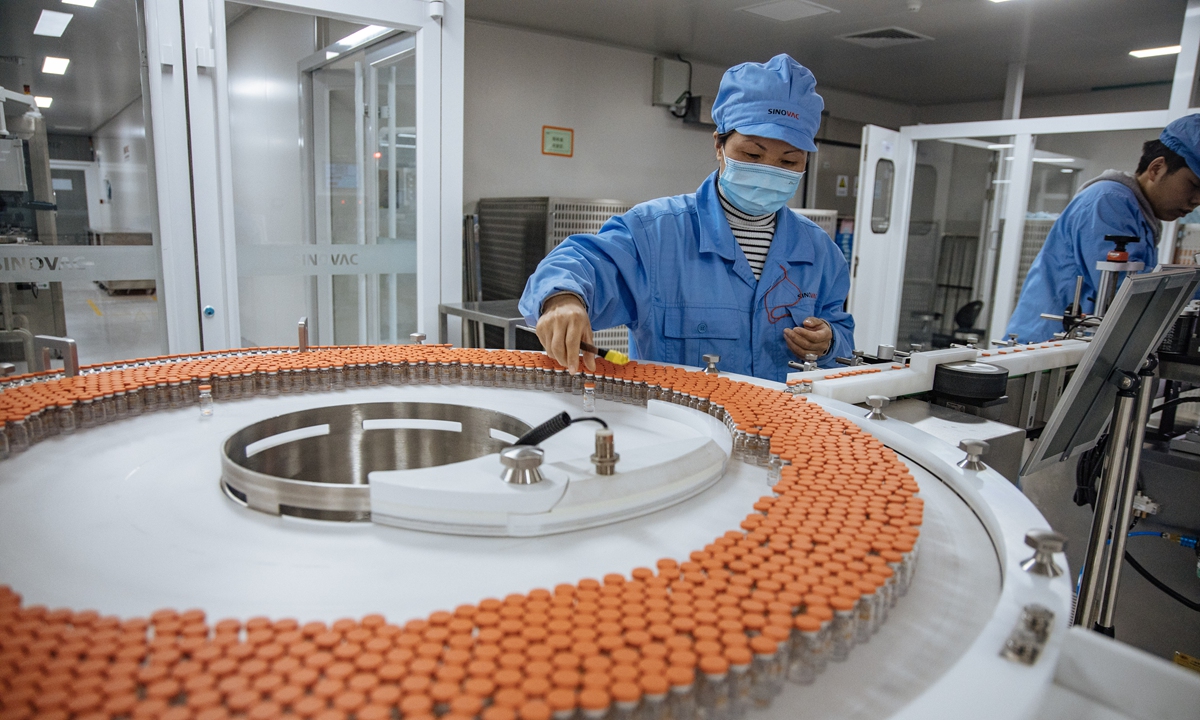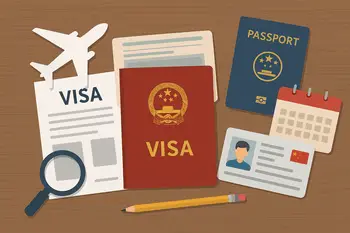
Based on current vaccine production capacity, China is capable of vaccinating 70 to 80 percent of its population, or 900 million to 1 billion people, between the end of 2021 and mid-2022 to reach herd immunity amid the global epidemic; director Gao Fu was cited as saying in Chinese media reports on Saturday.
However, some observers warned that there remain challenges to reach this target due to slow inoculation in some areas and the shortage of vaccine supplies.
Gao, the Chinese Center for Disease Control and Prevention director, said the target could be achieved even sooner if the COVID-19 vaccine manufacturers continue to expand production and supply.
Amid the epidemic across the globe, China should take the lead to realize herd immunity, especially in the vaccination of high-risk groups, Gao noted.
Chinese vaccine producers have announced their target production capacity previously.
China’s pharmaceutical giant Sinopharm will expand COVID-19 vaccine production capacity to 3 billion doses per year, becoming the world’s biggest vaccine producer, Chairman of Sinopharm Group Yu Qingming told the media earlier this month.
The Global Times learned from another Chinese vaccine producer Sinovac Biotech previously that its yearly production capacity would be expanded to two billion doses by June.
The vaccine producer CanSinoBIO has also said that their production capacity would reach 500 million doses annually in the following months, domestic news site caixin.com reported on March 1.
Earlier this month, the Global Times learned that Chinese authorities are ramping up efforts to vaccinate 560 million people, or 40 percent of China’s population, by the end of June, and another 330 million people will be vaccinated by the end of the year, covering 64 percent of the total population.
Experts have warned about some challenges to reach the target, including slow vaccine inoculation, the shortage of vaccine supplies considering domestic and international demand, and the lack of inoculation facilities and staff.
The target is difficult to reach unless mandatory requirements are issued to ask all people to get vaccinated. Some observers warned that they face obstacles in daily life and work, such as not being allowed to enter restaurants.
Some others said expanded production lines over the next few months and possible vaccine imports might help fill the supply gap. They also called for more investment and resource allocation, especially in some areas where the vaccination campaign started late and an enhanced public willingness to get vaccinated for public safety and social responsibility.


